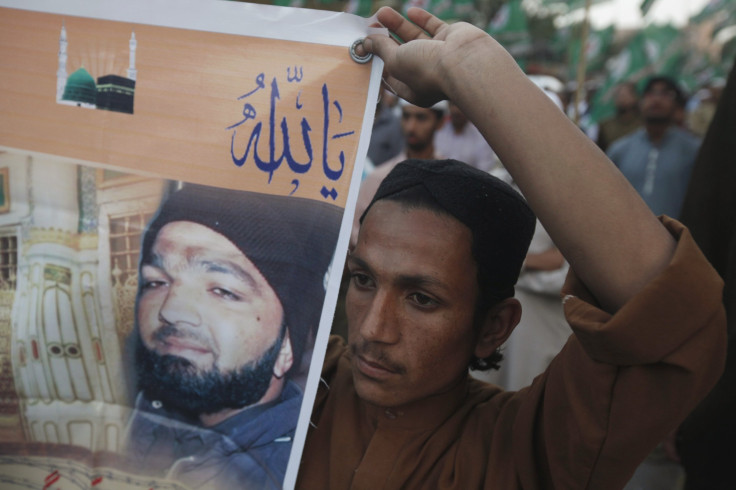Pakistan Ends Death Penalty Moratorium

Officials in Pakistan confirmed Tuesday that they have completely lifted the country's death penalty moratorium. Pakistan had temporarily lifted the moratorium last December for terrorism offenses, but now there are no more holds on so-called black warrants, or the permission to execute.
"The interior ministry has directed the provincial home departments to expedite the executions of all condemned prisoners whose mercy petitions have been rejected by the president," a senior interior ministry official told Agence France-Presse.
Pakistan first imposed its death penalty moratorium in 2008, when then-President Asif Ali Zardari signed it into effect. Afterward, there were no civilian hangings from that time until December 2014. A soldier convicted by court martial and hanged in November 2012 was the only person executed during that time.
The moratorium was partially lifted in December 2014, after the Taliban gunned down more than 150 people, most of them children. Since that partial lifting, 24 convicts have been hanged.
Pakistan has one of the world’s largest death row populations – 8,526 inmates. As of December, approximately 800 of them were being tried as terrorists. The country also has issued among the world's highest numbers of death sentences -- including 226 in 2014 alone. In addition, some nonterrorism offenses have been tried under the Anti-Terrorism Act as a way of expediting trials, according to Al Jazeera.
Most of those tried as terrorists have also exhausted their allowed number of appeals, according to Amnesty International. Human rights groups have criticized Pakistan’s resumption of capital punishment, owing to the country’s reputation for not offering fair trials.
"Pakistan’s judicial system is seriously flawed. Frequent use of torture to extract confessions, a lack of access to legal counsel, and long periods of detention without charge are just some of our concerns,” David Griffiths, deputy director of Amnesty International, said in a statement in February, after Muhammad Riaz and Muhammad Fiaz, suspected of murdering the son of the president of the Supreme Court Bar Association, were hanged for nonterrorism offenses. United Nations Secretary-General Ban Ki-moon had also called on Pakistan to reinstate the moratorium when the country announced its decision to lift it.
© Copyright IBTimes 2025. All rights reserved.






















